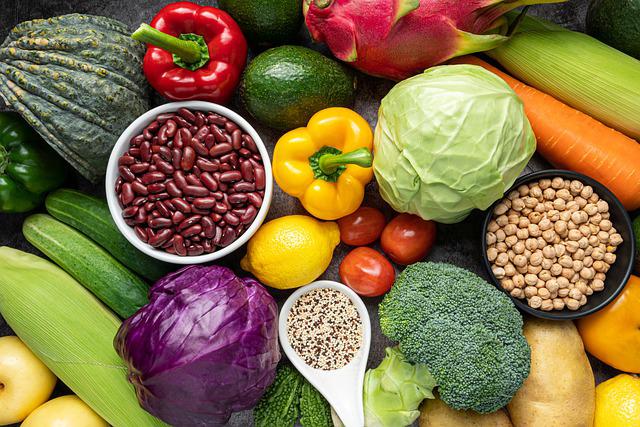-By: Bhavisha Changrani
Inflammation, a natural and necessary bodily response, serves as the first line of defense against injury and infection. However, when inflammation becomes chronic, it can wreak havoc on our health, contributing to a range of conditions from heart disease and arthritis to autoimmune disorders and even mental health issues. Thankfully, dietary choices can significantly impact inflammation levels. By understanding the connection between food and inflammation, we can make informed decisions to cultivate a healthier, more balanced internal environment.

Understanding Inflammation: Acute vs. Chronic
Redness, swelling, heat, and pain are the hallmarks of acute inflammation, a short-lived, localized bodily response.”. It’s the body’s way of healing after an injury or fighting off an infection. The body’s natural response is to reduce inflammation after the threat is dealt with.”
Chronic inflammation, on the other hand, is a persistent, low-grade inflammatory state that can linger for months or even years. It often stems from lifestyle factors, such as a poor diet, chronic stress, lack of sleep, and exposure to environmental toxins. This prolonged inflammation can damage tissues and organs, increasing the risk of chronic diseases.
The Role of Diet in Inflammation
Our diet plays a crucial role in managing inflammation. Certain foods can trigger or exacerbate inflammation, while others can help to quell it. The key lies in understanding which foods to embrace and which to limit.
Foods That Fuel Inflammation:
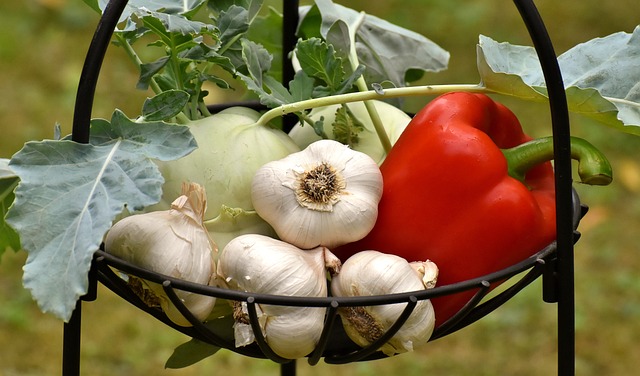
Processed Foods:
These are often high in refined carbohydrates, unhealthy fats, and artificial additives, all of which can promote inflammation. Examples include sugary drinks, processed meats, packaged snacks, and fast food.
Refined Carbohydrates:
White bread, pastries, and other refined carbohydrates can spike blood sugar levels, triggering the release of inflammatory cytokines.
Sugary Foods and Drinks:
Excessive sugar consumption contributes to insulin resistance, which is linked to chronic inflammation.
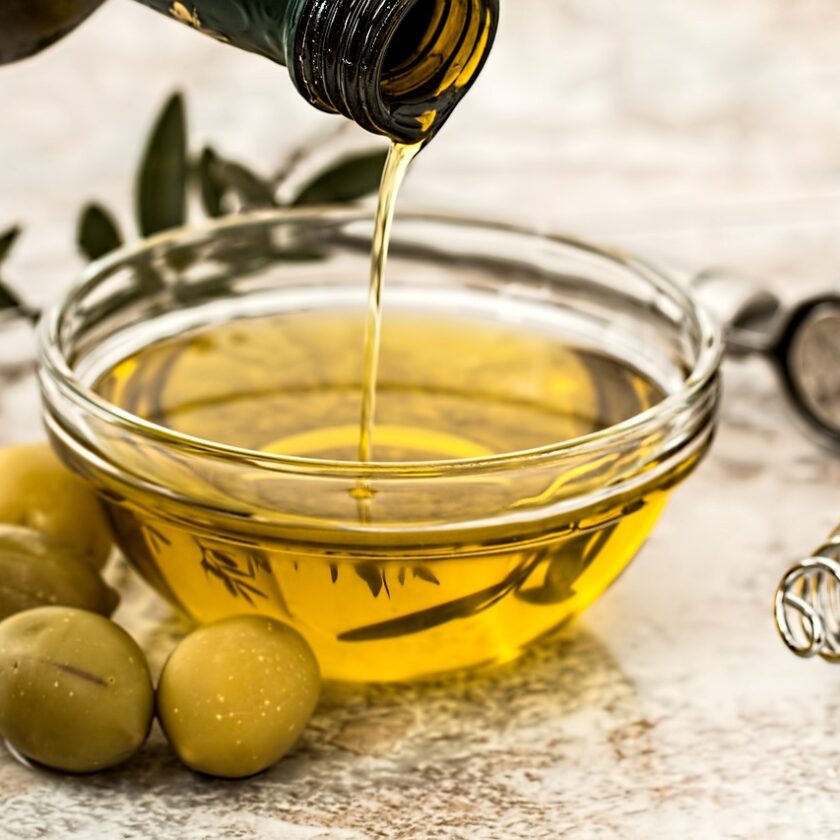
Unhealthy Fats:
Trans fats, found in some processed foods and fried foods, are particularly inflammatory. Saturated fats, while not inherently bad, should be consumed in moderation.
Red and Processed Meats:
Eating a lot of red and processed meats is linked to higher inflammation levels.
Excessive Alcohol:
Alcohol leads to gut microbiome disruption and higher inflammation.
Some food additives, such as MSG and artificial sweeteners, may trigger inflammatory responses in susceptible individuals.
Gluten (in some individuals):
While not universally inflammatory, gluten can trigger inflammation in people with celiac disease or gluten sensitivity.
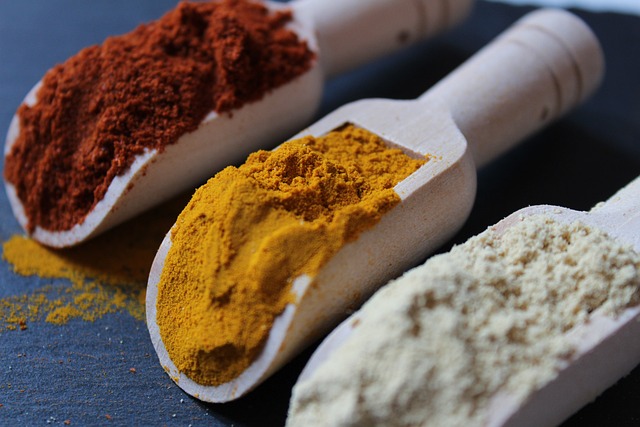
Foods That Fight Inflammation:
Fruits and Vegetables:
These are rich in antioxidants, vitamins, and minerals that combat inflammation.”Berries, leafy greens, and cruciferous vegetables are particularly beneficial due to their rich nutrient content.”
Fatty Fish:
Salmon, mackerel, sardines, and other fatty fish are excellent sources of omega-3 fatty acids, which have potent anti-inflammatory effects.
Olive Oil:
Extra virgin olive oil is rich in antioxidants and monounsaturated fats, both of which can help to reduce inflammation.
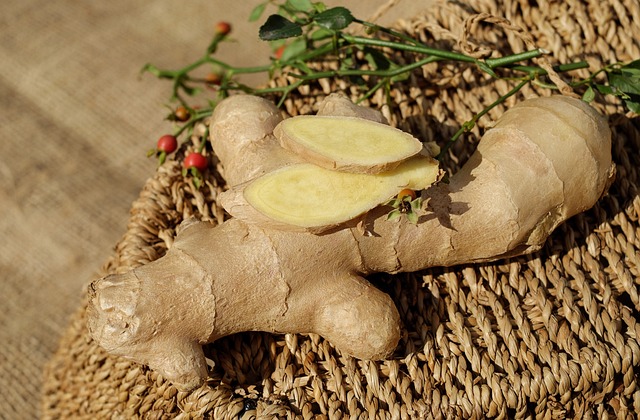
Nuts and Seeds
“These nuts and seeds—almonds, walnuts, chia, and flax—are rich in healthy fats, fiber, and antioxidants.”
Whole Grains
Whole grains, such as brown rice, quinoa, and oats, provide fiber and other nutrients that support gut health and reduce inflammation.
Legumes:
Beans, lentils, and chickpeas are rich in fiber, protein, and antioxidants.
Spices:
Turmeric, ginger, and garlic possess strong anti-inflammatory capabilities.”
Dark chocolate (at least 70% cacao) contains antioxidants that can help to reduce inflammation.

Green Tea:
Green tea is rich in antioxidants and polyphenols that have anti-inflammatory effects.
Anti-Inflammatory Dietary Patterns:
Beyond individual foods, adopting an overall anti-inflammatory dietary pattern can significantly impact inflammation levels. Some popular and effective approaches include:
The Mediterranean Diet:
This diet emphasizes fruits, vegetables, whole grains, healthy fats, and fish, while limiting red meat and processed foods. It’s consistently associated with reduced inflammation and a lower risk of chronic diseases.
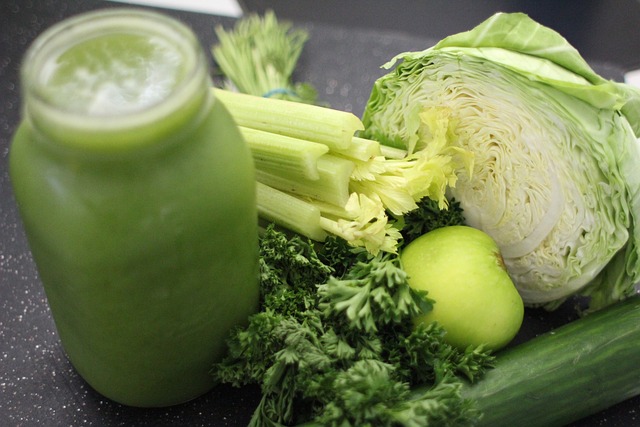
The DASH Diet:
Originally designed to lower blood pressure, the DASH diet also emphasizes fruits, vegetables, whole grains, and low-fat dairy, which can help to reduce inflammation.
Plant-Based Diets:
Diets rich in plant-based foods, such as vegan and vegetarian diets, are naturally high in antioxidants and fiber, which can help to combat inflammation.
The Anti-Inflammatory Diet:
This approach focuses on incorporating specific anti-inflammatory foods while eliminating or limiting inflammatory triggers. It often emphasizes whole foods, healthy fats, and spices.
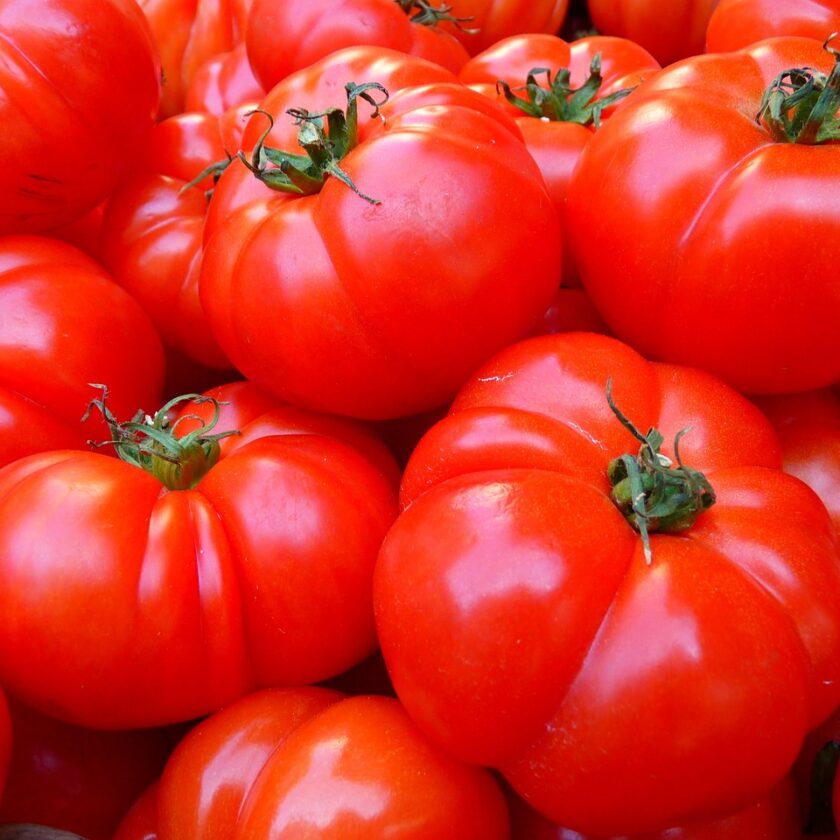
Practical Tips for Implementing an Anti-Inflammatory Diet
Focus on Whole Foods:
Prioritize minimally processed foods over packaged and processed options.
Increase Fruits and Vegetables:
Aim for a colorful variety of fruits and vegetables daily.
Choose Healthy Fats:
Opt for olive oil, avocados, nuts, and seeds.

Incorporate Omega-3 Fatty Acids:
Eat fatty fish regularly or consider a supplement.
Limit Processed Foods, Sugar, and Refined Carbohydrates:
Read food labels carefully and avoid excessive consumption of these inflammatory triggers.
Cook at Home More Often:
This gives you greater control over the ingredients and preparation methods.
Experiment with Spices:
Add turmeric, ginger, garlic, and other anti-inflammatory spices to your meals.
Stay Hydrated:
Drink plenty of water throughout the day.

Manage Stress:
Chronic stress can exacerbate inflammation. “Consider practicing stress-reduction techniques, including yoga, meditation, or deep breathing.”
Get Enough Sleep:
“Ensure you get 7-8 hours of quality sleep each night for optimal health.”
Learn to Listen to Your Body:
Learn to listen to your body and make dietary choices that support your well-being.
While diet is a cornerstone of inflammation management, it’s essential to recognize the influence of other lifestyle factors. Regular exercise, stress management, adequate sleep, and avoiding smoking are also crucial for maintaining a healthy inflammatory balance.
Consulting a Healthcare Professional:
If you have concerns about chronic inflammation or are considering making significant dietary changes, it’s always advisable to consult with a healthcare professional or registered dietitian. They can provide personalized guidance based on your individual needs and health conditions.
By making conscious dietary choices and adopting a healthy lifestyle, you can effectively manage inflammation, promote overall well-being, and reduce your risk of chronic diseases.

CONCLUSON:
Managing inflammation is a proactive approach to safeguarding our health. By adopting an anti-inflammatory dietary pattern and embracing healthy lifestyle habits, we can cultivate a more balanced internal environment, reducing our risk of chronic diseases and enhancing our overall well-being. Remember that consistency is key. Small, sustainable changes can lead to significant improvements in long-term health. Before making major dietary changes, it is always a good idea to consult a doctor, or registered dietician.

